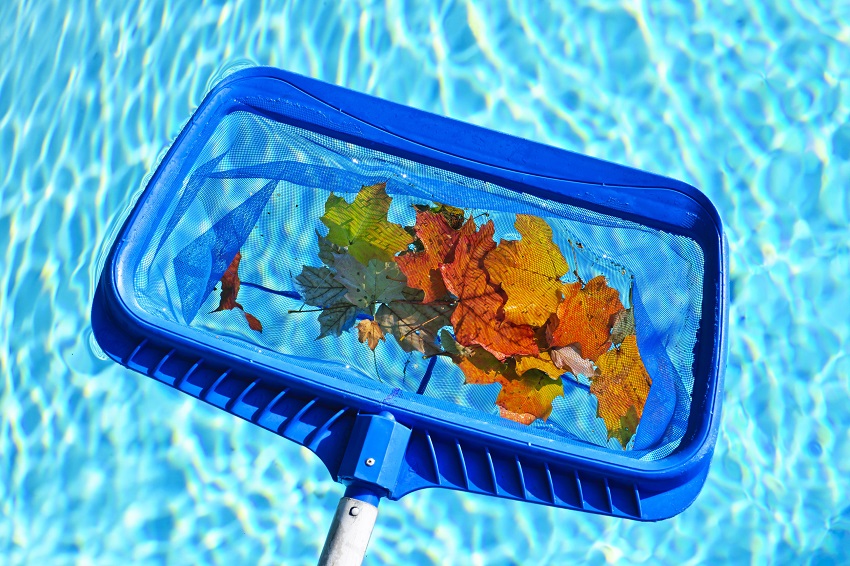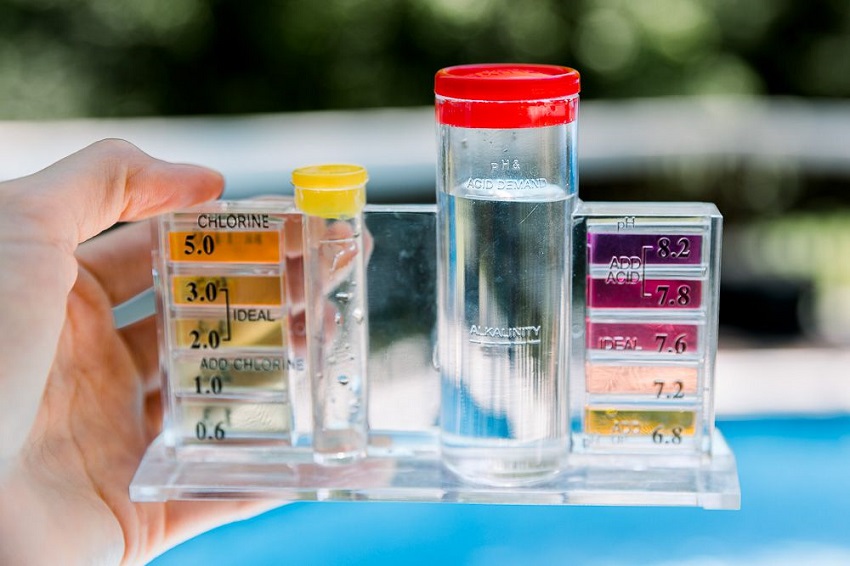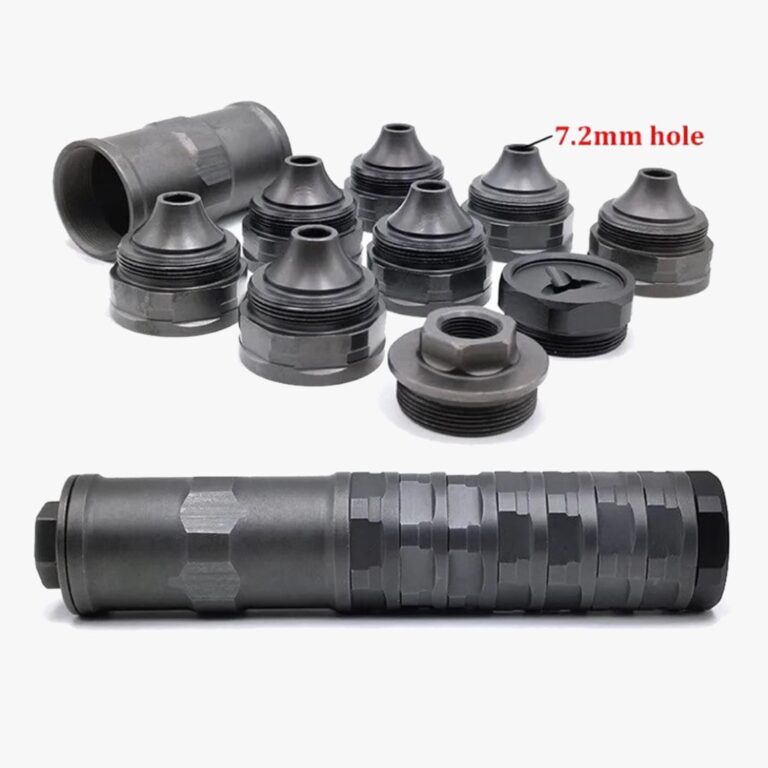Maintaining the right balance of chemicals in your pool water is essential for a clean, safe, and enjoyable swimming experience. Without proper care, pool water can become cloudy, develop algae growth, and irritate swimmers’ skin and eyes. In this article, we will discuss the key steps and tips to help you maintain the perfect balance of your pool water. The content is presented by https://sevenfrigo.net/
Understanding Pool Water Balance
Before we dive into the details, let’s first understand what we mean by “pool water balance.” Pool water balance refers to the levels of pH, alkalinity, and sanitizer (usually chlorine) in your pool. These three factors work together to keep the water clean, clear, and safe for swimming.
pH Level
Maintaining the proper pH level is an important aspect of pool maintenance. The pH level measures the acidity or alkalinity of your pool water. The ideal pH range for pool water is between 7.2 and 7.6. If the pH level is too high, it can cause scale formation and cloudy water. On the other hand, if the pH level is too low, it can corrode pool equipment and cause skin and eye irritation.
Alkalinity
Alkalinity acts as a buffer for the pH level, helping to stabilize it. The recommended alkalinity range for pool water is between 80 and 120 parts per million (ppm). If the alkalinity is too low, it can lead to pH fluctuations. If it’s too high, it can cause cloudy water and scaling.
Sanitizer Level
Sanitizers, such as chlorine, are used to kill bacteria, viruses, and other harmful organisms in pool water. The recommended sanitizer level for chlorine is between 1 and 3 ppm. Maintaining the right sanitizer level is crucial to ensure a healthy swimming environment.
Testing and Adjusting Pool Water
To maintain the perfect balance of your pool water, regular testing is essential. Test your pool water at least twice a week using a reliable test kit. Once you have the test results, you can adjust the water chemistry accordingly.
Balancing pH
If the pH level is outside the ideal range, you need to make adjustments. To lower the pH, you can add a pH reducer or muriatic acid following the manufacturer’s instructions. To raise the pH, use a pH increaser or soda ash.
Adjusting Alkalinity
If the alkalinity level is too low, you can increase it by adding an alkalinity increaser. If it’s too high, you can use an alkalinity reducer or muriatic acid to bring it down. Always follow the product instructions and make gradual adjustments.
Maintaining Sanitizer Levels
To maintain proper sanitizer levels, it’s important to regularly add chlorine or other sanitizers to your pool. You can use stabilized chlorine tablets, liquid chlorine, or other recommended sanitizers. Monitor the levels and adjust accordingly.
Additional Tips for Pool Water Maintenance
Here are some additional tips to help you maintain the perfect balance of your pool water:
Regular Cleaning and Skimming
Remove debris, leaves, and insects from your pool regularly using a skimmer net. Clean your pool’s skimmer and pump baskets to ensure proper water flow. Additionally, brush the walls and floor of your pool to prevent algae growth.
Filter Maintenance
Clean or backwash your pool filter regularly to remove dirt and debris. A clean filter improves water circulation and enhances the effectiveness of sanitizers.
Shock Treatment
Periodically, you should perform a shock treatment to eliminate contaminants and restore water clarity. Follow the instructions on the shock treatment product and maintain appropriate chlorine levels during the process.
Water Circulation
Proper water circulation is essential for maintaining balanced pool water. Run your pool pump and filter for an adequate amount of time each day to ensure proper circulation and filtration.
Regular Professional Inspection
Consider scheduling regular inspections with a pool professional to ensure all equipment is functioning properly. They can also provide valuable guidance on pool water maintenance.
Conclusion
Maintaining the perfect balance of your pool water is crucial for a clean, safe, and enjoyable swimming experience. By understanding and monitoring the pH, alkalinity, and sanitizer levels, regularly testing and adjusting the water chemistry, and following additional tips for pool water maintenance, you can keep your pool water sparkling clean and ready for a refreshing swim.
FAQs
- How often should I test my pool water?
You should test your pool water at least twice a week to ensure proper water chemistry.
- Can I swim in a pool with unbalanced water?
Swimming in a pool with unbalanced water can cause skin and eye irritation. It’s best to wait until the water is properly balanced before swimming.
- How long should I run my pool pump and filter each day?
Running your pool pump and filter for 8 to 12 hours a day is usually sufficient, but it may vary depending on the size of your pool and equipment.
- Can I use other sanitizers instead of chlorine?
Yes, there are alternative sanitizers available, such as bromine or saltwater systems. Consult with a pool professional to determine the best option for your pool.
- Is it necessary to shock my pool regularly?
Shocking your pool periodically helps eliminate contaminants and maintain water clarity. Follow the recommended shock treatment schedule for your pool.





